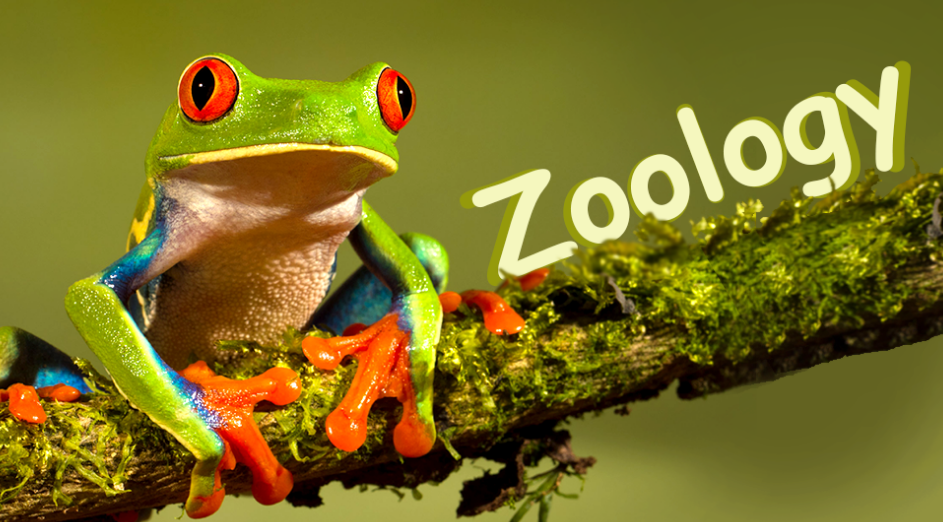Fish ecology is the study of the interactions between fish and their environment, including other organisms, habitats, and ecological processes. It encompasses various aspects of fish biology, behavior, distribution, and population dynamics within aquatic ecosystems. Here are some key components of fish ecology:
1. Distribution and abundance of fish: This looks at where different fish species are found and how many fish there are in a particular population. Factors that influence distribution and abundance include water quality, temperature, food availability, and predation.
2. Habitat Requirements: Different fish species have different habitat requirements based on factors such as water temperature, depth, flow rate, substrate type, and vegetation cover. Understanding the habitat requirements of fish species is essential for habitat conservation, restoration, and management. Some fish prefer shallow, weedy areas, while others prefer deep, open water. Habitat use can also change depending on the life stage of the fish. For example, juvenile fish may use different habitats than adult fish.
3. Feeding Ecology: Fish exhibit a wide range of feeding strategies, including herbivory, carnivory, omnivory, filter feeding, and scavenging. Their feeding habits influence food web dynamics, energy transfer, nutrient cycling, and ecosystem stability within aquatic ecosystems. Some fish are predators, while others are herbivores or detritivores (eat decomposing organic matter).
4. Reproductive Ecology: Fish reproductive strategies vary widely among species and can include broadcast spawning, nest building, parental care, and live-bearing. Reproductive ecology studies examine factors such as spawning habitats, timing, behavior, fecundity, and larval dispersal patterns.
5. Trophic Interactions: Fish play important roles in aquatic food webs as both predators and prey. Understanding the trophic interactions between fish species and other organisms (e.g., plankton, invertebrates, other fish) is essential for assessing ecosystem dynamics, energy flow, and community structure.
6. Community ecology: This looks at how fish interact with other species in their environment. Fish can compete with each other for food and resources, and they can also be preyed upon by other animals.
7. Migration and Movement: Many fish species exhibit migratory behavior, undertaking regular movements between different habitats for purposes such as feeding, reproduction, and avoiding unfavorable environmental conditions. Studying fish migration patterns helps inform conservation efforts and fisheries management strategies.
8. Population Dynamics: Fish populations are influenced by factors such as recruitment, growth, mortality, and dispersal. Population ecology studies aim to understand the mechanisms driving changes in fish abundance, distribution, and diversity over time and space.
9. Human Impacts: Human activities such as habitat alteration, pollution, overfishing, and climate change can have significant impacts on fish populations and aquatic ecosystems. Fish ecology research contributes to understanding and mitigating these anthropogenic threats to fish biodiversity and ecosystem health.
10. Conservation and Management: Applying ecological principles to fisheries management and conservation efforts is essential for maintaining healthy fish populations and sustainable fisheries. Effective management strategies may include habitat protection, stock assessment, regulation of fishing activities, and ecosystem-based approaches that consider the broader ecological context.
The study of fish ecology is important for a number of reasons. It helps us to understand how fish populations are affected by human activities such as pollution, habitat destruction, and overfishing. This information can then be used to develop management strategies to conserve fish populations and ensure sustainable fisheries. Fish ecology is also important for understanding the role that fish play in aquatic ecosystems. Fish are a key component of the food web, and they play an important role in nutrient cycling. By understanding fish ecology, we can better understand the health of aquatic ecosystems and develop strategies to protect them.




It’s a big work on Fish ecology
Good information
F22BZOOL1M03005
F22BZOOL1M03022
Great work
Arooba Naz
F21BZOOL1M01073
F22BZOOL1M03022
Informative
F22BZOOL1M03015